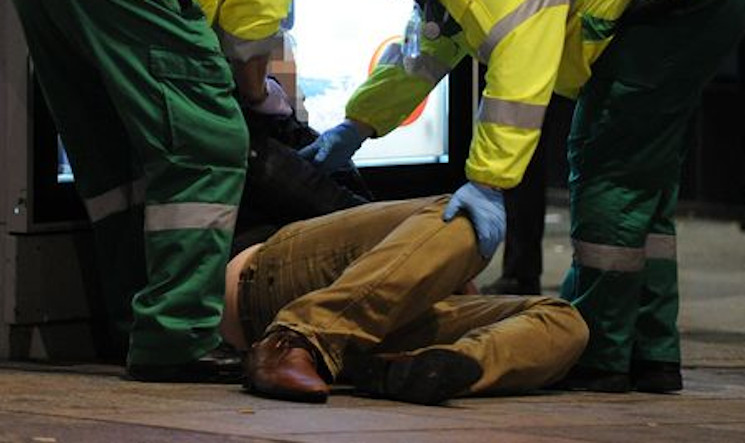
Patient handover between ambulance crew and health workers: a qualitative study from Iceland
The handover is a crucial moment in the health of the patient treated by the ambulance crew first and then by the emergency department: the quality of care and the chance of survival depend on the quality of that “dialogue”.
An interesting qualitative study was conducted by three researchers at the University of Akureyri, and published in the Scandinavian Journal of Trauma, Resuscitation and Emergency Medicine.
When patients are handed over from emergency medical technicians (EMTs) to nurses and doctors in emergency departments (EDs), there is a risk of losing important information, the consequences of which can negatively affect the patient’s well-being.
Ambulance/EMT crew handover: the objectives of the study
The aim of the study was to describe the experience of healthcare professionals in handover of patients between ambulance and emergency personnel and to identify factors that may influence the quality of patient handover.
The Vancouver School’s phenomenological method was used to conduct the study.
Participants were selected using purposive sampling from a group of Icelandic paramedics, nurses and doctors who had experience in patient handover.
Individual semi-structured interviews were conducted, supported by an interview guide.
The participants included 17 paramedics, nurses and doctors. The patient handover process was described from the participants’ perspective, including examples of communication breakdown and best practice.
Four main themes and nine sub-themes were identified.
In the theme of leadership, participants expressed that it was unclear who was responsible for the patient and when during the process responsibility was transferred between healthcare professionals.
The theme of the structured framework described communication between healthcare professionals before the patient’s arrival at the ED, on arrival at the ED, and a written report about the patient.
The theme of professional competencies in the handover study in Iceland:
The theme of professional competencies included participants’ descriptions of professional competencies in relation to education and training and attitudes towards other health professions and patients.
The theme of collaboration included the importance of effective teamwork and a positive learning environment.
Lack of structured communication procedures and ambiguity about patient responsibility in the handover from rescuers to ED healthcare professionals can compromise patient safety.
Promoting accountability, mitigating diffusion of responsibility and implementing uniform practices can improve patient handover practices and establish a culture of integrated patient-centred care.
The handover study published:
Passaggio consegne IslandaRead Also:
Emergency Centres Handover In South Africa – What Are Issues, Changings And Solutions?
Helicopters In Civil Protection – Norwegian Helicopter Induces A Rock Fall Beside A Fjord
Source:
Scandinavian Journal of Trauma, Resuscitation and Emergency Medicine


